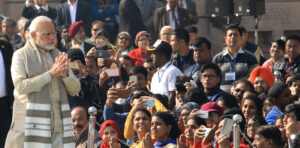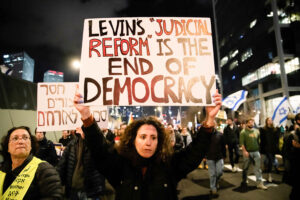January 2024, Volume 35, Issue 1
How Latin America’s Judges Are Defending Democracy
Can a strong, independent supreme court serve as a guarantor of democracy? In Brazil, Colombia, and Mexico, judges are showing a surprising resolve in fending off their countries’ antidemocratic forces.






